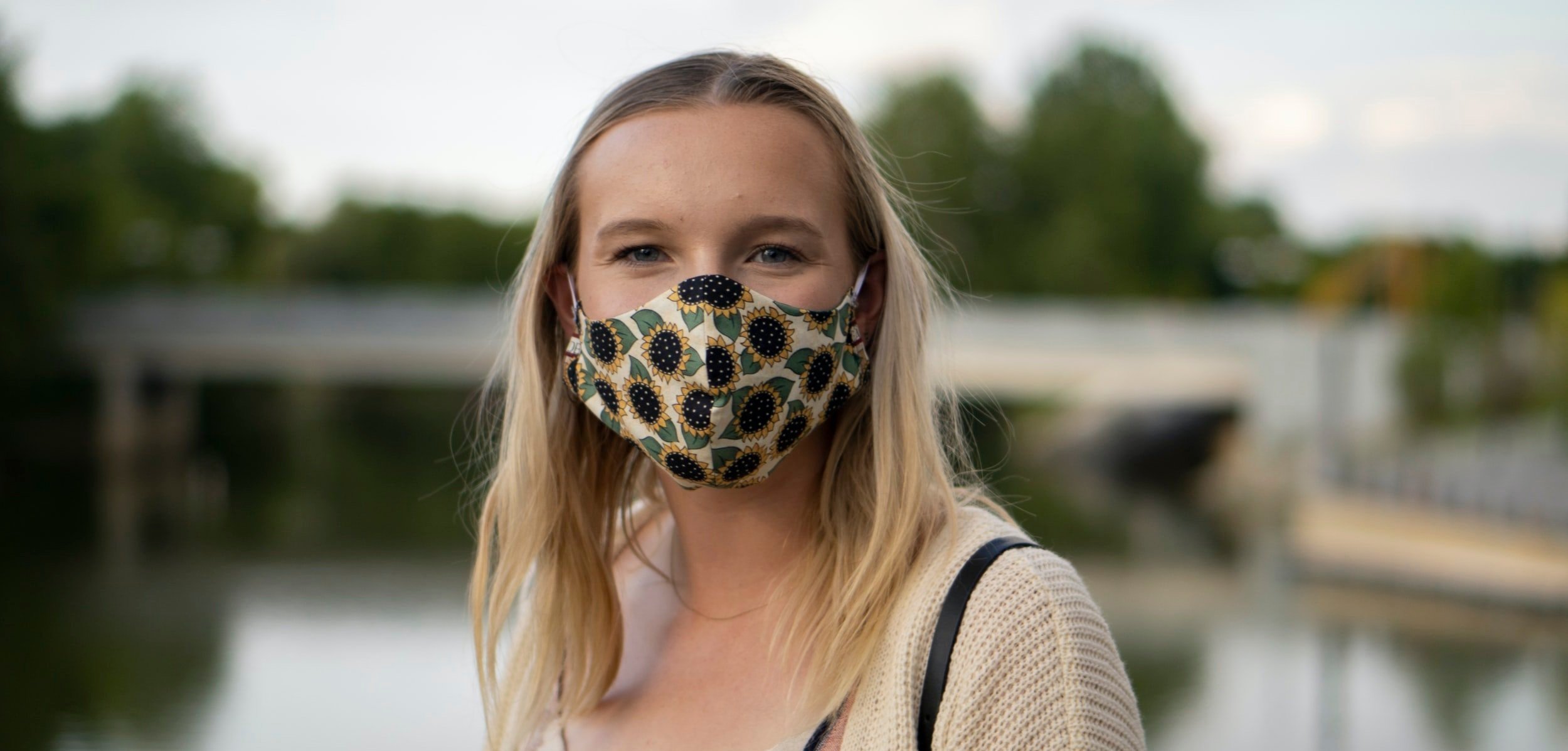
COVID
Understanding Current COVID-19 Protocols
If Testing Positive
Stay home for 5 days and isolate from others in your home. Wear a well-fitting mask if you must be around others in your home. Do not travel. End isolation after 5 full days if you are fever-free for 24 hours (without the use of fever-reducing medication) and your symptoms are improving.
Mask wearing is still required in most health care facilities. If you or your children are immunocompromised, consider wearing masks indoors in close proximity with others or in poorly ventilated areas. Mask wearing in airports and on airplanes in encouraged.
COVID Vaccines for Children & Teens
The CDC recommends COVID-19 vaccines for everyone 6 months and older and boosters for everyone 5 years and older, if eligible. Use the CDC’s booster tool to learn if and when your child or teen can get boosters to stay up to date with their COVID-19 vaccines.
For more information about COVID-19 Vaccines, the CDC regularly updates their website.
Staying Up-to-Date With Your COVID-19 Vaccines
You are up to date with your COVID-19 vaccines when you have received all doses in the primary series and all boosters recommended for you, when eligible. For more information about staying current.
COVID-19 Vaccines While Pregnant or Breastfeeding
If you are pregnant or were recently pregnant, you are more likely to get very sick from COVID-19 compared to people who are not pregnant. Additionally, if you have COVID-19 during pregnancy, you are at increased risk of complications that can affect your pregnancy and developing baby.
Getting a COVID-19 vaccine can help protect you from getting very sick from COVID-19. COVID-19 vaccination is recommended for people who are pregnant, breastfeeding, trying to get pregnant now, or might become pregnant in the future.
People who are pregnant should stay up to date with their COVID-19 vaccines, including getting a COVID-19 booster shot when it’s time to get one.
Evidence continues to build showing that COVID-19 vaccination during pregnancy is safe and effective.
There is currently no evidence that any vaccines, including COVID-19 vaccines, cause fertility problems in women or men. The CDC has a wealth of information for pregnant and/or breastfeeding women if you would like to learn more.
New COVID variants
New variants of the virus are expected to occur. Slowing the spread of the virus, by protecting yourself and others, can help slow the emergence of new variants.
The Omicron variant causes more infections and spreads faster than the original SARS-CoV-2 strain of the virus that causes COVID-19. CDC is working with state and local public health officials to monitor the spread of all variants, including Omicron.
Getting a vaccine reduces your risk of severe illness, hospitalization, and death from COVID-19. Staying up to date on your COVID-19 vaccines, which includes getting a booster when eligible, further improves your protection.
For more information on variants, visit this site.
The Facts About Being Vaxxed
Vaccines are essential to preventing disease. At Pure Joy Pediatrics we encourage routine vaccination and recommend adhering to the CDC and AAP guidelines and schedule. We are trained to answer questions and address parental concerns regarding vaccination. While being vaccinated may not be a joyful experience for most children, we do provide children choices that might ease the physical discomfort of being vaccinated.
Topical anesthetic can be applied 30 to 45 minutes prior to vaccination or a blood draw. Approximately a measured teaspoon size amount of lidocaine-prilocaine cream is applied directly to the affected area(not over broken skin) and then a thin clear bandage is applied to keep the cream in place. After the patient exam is completed, this is removed and cleaned prior to the vaccine. Children are always amazed that the “shot does not hurt” with this method.
Distraction techniques such as watching a favorite cartoon or movie on a parent’s digital device can also provide necessary distraction from the application of a vaccine and typically works successfully for toddlers and preschool age children.
Mechanical distractors can also be helpful. An ice pack or “shot blocker” can help distract from the application of the vaccine (Dr Palmer’s son is a big fan of this option). This can be applied while the patient is waiting for the vaccine to be given.


